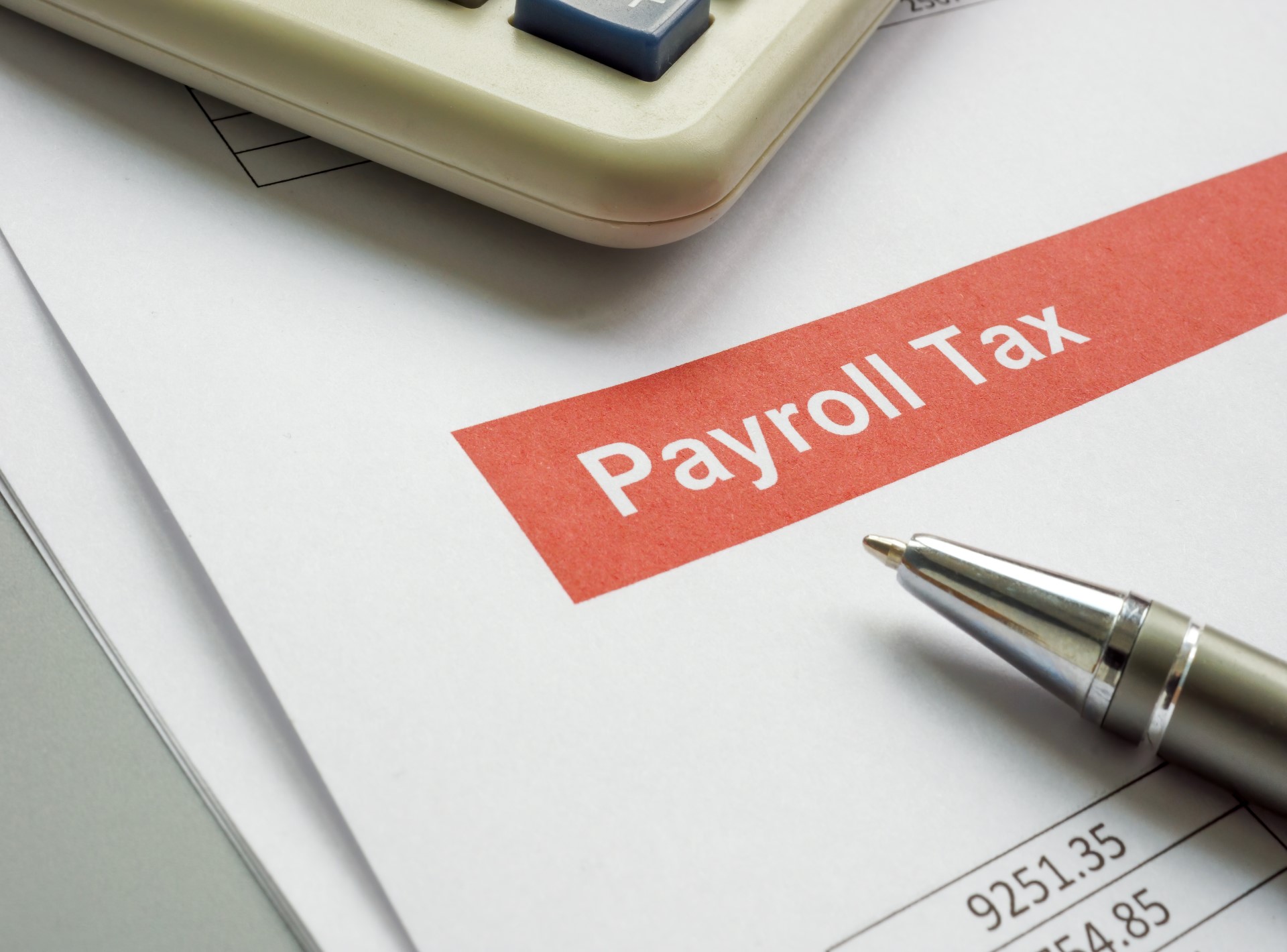
While WA GPs have been spared the impost, others across the country were not so fortunate, spurring the Royal Australia College of GPs (RACGP) to once again call on all state and territory governments to axe the payroll tax.
RACGP President Dr Nicole Higgins said that time was running out and threatened to “kill off affordable patient care.”
“Unless urgent action is taken across the country, practices will be forced to hike up patient fees or close their doors, and some patients will be left out in the cold, with little choice but to turn up to an emergency department,” she said. “We need action in every jurisdiction, no patients should miss out.”
Last week, Victorian Treasurer Tim Pallas announced retrospective relief for GPs on payroll tax, and the South Australian Government has also announced a payroll tax exemption for bulkbilled GP wages that will apply from 1 July this year to all practices liable for the tax hit.
“The Queensland Government issued a new payroll tax ruling, clarifying that patient fees paid directly to a GP for their services will not be subject to payroll tax. Unless all jurisdictions follow suit and commit to stop squeezing practices for backdated tax – this will cause widespread closures,” Dr Higgins said.
“As Minister for Health and Aged Care Mr Mark Butler and Treasurer Mr Jim Chalmers have warned, this groundbreaking investment will be for nothing if the states and territories don’t address the payroll tax hit. It’s a case of the giving with one hand and taking with the other unless a solution is found across Australia.”
The College’s annual Practice Owner’s National Conference, held last week in Cairns (24-26 May) included a presentation entitled Empowering Practices Through Payroll Tax: Reflecting, Positioning, and Advancing, by Senior Associate Ben Ryan and former RACGP Vice President and Queensland Chair, Dr Bruce Willett, which detailed the issue for attendees.
General practices pay payroll tax on their employees, including receptionists, GP registrars and nurses, but it never applied to GPs because most are not employees, they work as independent practitioners under independent agreements. The landscape changed after a final ruling by the NSW Court of Appeal in 2023 deemed independent practitioners as employees for payroll tax purposes.
Subsequently, RACGP surveys have found that only:
- 3% of practices would be able to absorb the costs of extra payroll tax on independent GPs,
- 78% would have to raise fees, and
- 35% would consider moving interstate for favourable payroll tax settings.
The WA Government announced in July 2023 that GPs were still considered as contractors running an independent business and in a letter to RACGP WA Chair Dr Ramya Raman, then WA Deputy Premier and Treasurer, Ms Rita Saffioti, confirmed the approach.
“The $1 million tax free threshold means the majority are not subject to payroll tax,” she wrote. “The Western Australian Government does not intend to change these provisions.”
The RACGP WA Chair noted at the time that receptionists, practice managers, GP registrars and nurses were still subject to payroll tax if a general practice’s wage bill was above the relevant threshold.

